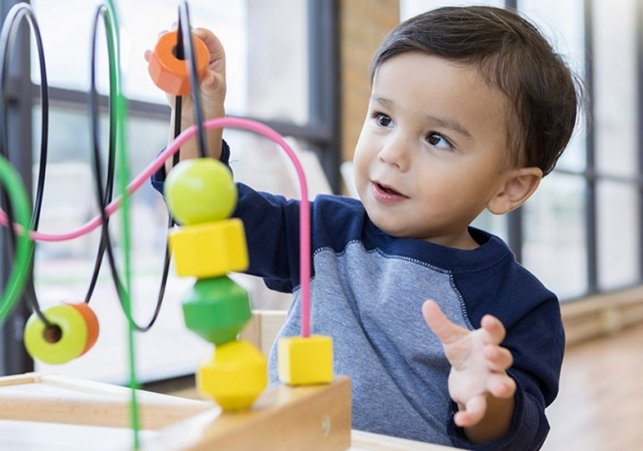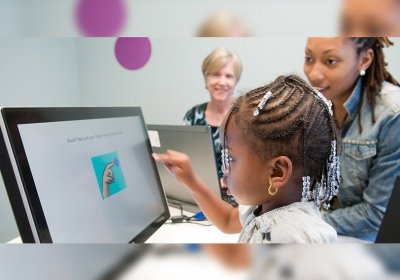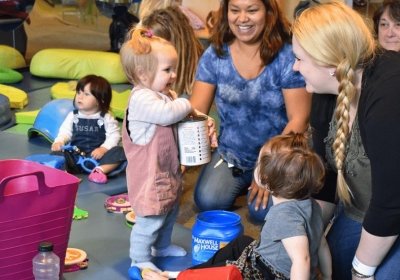
BE A REASON FOR A SMILE ON A CHILD’S FACE
- By Asha --
- Friday, 12 Aug, 2022
Be a reason for a smile on a child’s face. Here I am trying to connect the gap between Ancient wisdom and modern Psychology to derive few solutions that can bring peace and harmony.
The structure of the Effective Parenting is developed based on three aspects.
✔ The seed of life
✔ The plant of life
✔ The tree of life
✔ The seed of life talks about why we exist, and what is the motive to raise a child.
✔ The plant of life which talks about what to nurture life.
✔ The tree of life which talks about whom the shelter has to be given, a helping hand.
Effective Parenting is about being free from perceptions and past experiences and having cognitive awareness. It is about walking away from personal perception. Being non-judgemental in
Parenting refers to allowing your thoughts not to judge your own thoughts as good and bad. It
is about knowing to destroy those thoughts which are unproductive in the process of nurturing family environment.
To have profound learning and build ourselves stronger, it is important to have an open mind and know the following dynamics:
✔ Perception – talks about how we perceive things.
✔ Inference – talks about conclusions reached based on evidence and reasoning.
✔ Comparison – talks about the comparisons we make concerning money and success with our friends or relatives. According to the theory of Knowing, the comparison shouldn’t happen with the same species. We have to compare and connect
ourselves with progressive nature. In counselling, it is important to respect our
internal and external nature. Stop comparing your children to the other children for any reason.
✔ Postulation - the rules, the principles and ethics which are to be learnt.
✔ Verbal Testimony – refers to the talk and response to the external stimuli. Give quality time to your child . Listen completely to your child.
✔ Argument – talks about whether we are convinced or not about any particular
aspect. Parents should come to common consent before it is executed.
Vedanta says, We need to create a healthy locus for our children to live better quality of life.
✔ Pramata – The knower, who has knowledge. What we are doing with the knowledge we gain.
✔ Prameya – The knowable, about which can be known. It is about knowing what is applicable in that particular context or scenario. For example, not every western theory is applicable in Indian society.
✔ Pramana: the process of knowledge.
✔ Pramati: the knowledge achieved by the pramana. ELIGIBILITY to be a Parent:
Some of the criteria one needs to possess to enrich their knowledge in effective parenting:
✔ Anthargnana is self-reflection. Being aware of your past experiences and baggage is very important to prevent them from being hurdles during counselling sessions.
✔ Pregnavaada is articulating and distinguishing between feelings and thoughts(thinking).
✔ Vaada is self-questioning. You need to get convinced. It is about arguing and questioning and, being proactive.
✔ Vishleshana is to analyse what is learned into smaller components. and psycho- educating the children in the right direction.
✔ Samanvaya is being a learner in the journey and becoming a process.
✔ Sankshepa is deduction and induction, be aware of what is needed and what you are associated with. Detoxification is helpful.
✔ Hethvabhasa is not to misjudge others.
✔ Virodhabhasa is a paradox which is challenging your common sense. Gestalt cycle of experience talks about a similar concept:
✔ Sensation (by sensing) to awareness
✔ Awareness of environment: a child going through, connecting the dual personality that exists - child and the problem at a distinguished level
✔ Mobilization happens when you are aware of the problems.
✔ You can positively channel energy.
✔ Action is connected to the energy that leads to change or personal transformation. Be a reason for a smile on a child’s face




